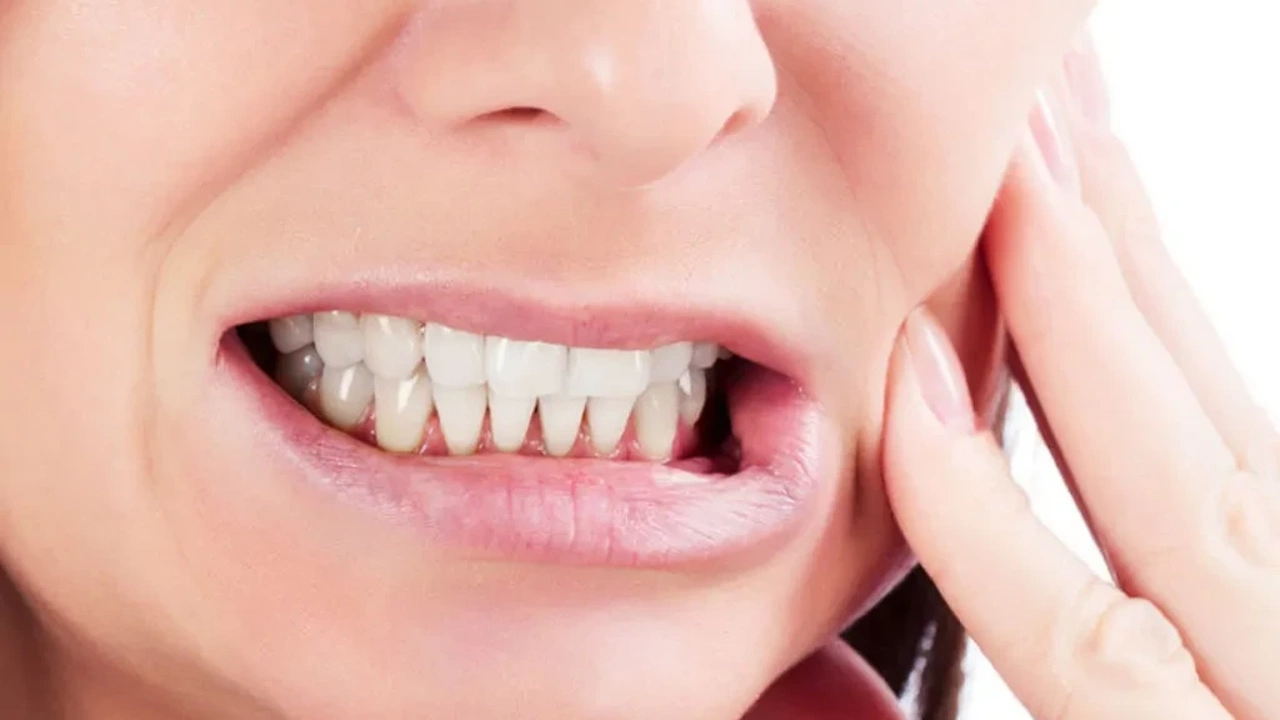Top 4 tips to help clenching and grinding to help decrease headaches

Do you wake up with a sore or stiff jaw in the morning? Do you wake up with headaches or migraines regularly? Do you often find yourself holding tension in through your jaw? During periods of higher stress do you notice that your jaw can be more achy or that your teeth might hurt? These are some signs that you may be a clencher or grinder of your teeth and clenching/grinding is actually more common than you may think. Therefore we are going to go through my 4 top tips to help manage and decrease jaw clenching and grinding to help decrease your headaches and migraines.
Firstly it is important to discuss the anatomy of the jaw and how it relates to headaches and migraines. The main bone of the jaw is the mandible, which is the bone that connects into the head through a ball and socket joint.The mandible itself is held to the head by several strong muscles for you to do things like talking and eating. Your upper cervical vertebrae are very closely connected to this area as well, meaning that if there is a dysfunction in your jaw, it can lead to problems with the upper cervical spine and vise versa, leading to headaches.
The most commonly tight muscles of the jaw are your masseter muscles, which run from the outside of your jaw and into your face, medial and lateral pterygoids which are much deeper and internally into the jaw, and the temporalis muscles which are above and around the ear.

When you chew and clench the jaw, these muscles are all activated to different amounts. These muscles can often get very tight when they are being used excessively when clenching and grinding, and often require manual therapy to help decrease their tension.
My 1st tip to help with your jaw clenching/grinding is to try these really simple but great exercises at home. Find the muscles of the temporalis above the ear, or the masseter with your fingers and press into the muscle (these should be quite tender). Then slowly open and close the jaw. This should slowly increase the length of these tight muscles and decrease tenderness. Another great exercise that can almost instantly decrease tenderness through the jaw is to do a jaw jiggle. All this requires is to open your mouth ever so slightly, and then actively move it side to side. The more this is done, the more the jaw is mobilised and it can help to decrease pain levels.
My 2nd tip is to try supplementing with magnesium. Supplementation of magnesium has been effective in relieving jaw tension, as well as decreasing the frequency, duration and intensity of headaches. Magnesium has been seen to help support healthy muscle contraction and relaxation as well as relieve muscular aches and pains in most parts of the body. Most headache and migraine sufferers, as well as highly stressed individuals need a lot more magnesium and other electrolytes than other people, they need to use them to help manage the stress. It is recommended to be consuming 600mgs per day for chronic headache and migraine sufferers. Adding magnesium into your diet daily may significantly decrease jaw clenching and headaches and migraines.
Jaw clenching and teeth grinding at night is a very common occurrence in a lot of people, and a number of people don't even realise that they are doing it until their partner or practitioner mentions it. Grinding of the teeth at night can not only be painful on the jaw musculature, but also can wear down the teeth themselves therefore my 3rd tip relates to jaw splints. Jaw splints are something that are commonly prescribed from dentists for people that grind their teeth at night. These splints are highly recommended, as they will protect the integrity of the teeth and prevent the wearing down over time, preventing long term issues and further damage. Although it does not stop the clenching and grinding of the teeth, the splint does help to decrease the tension in the jaw created by the clenching and the grinding, therefore helping to decrease jaw pain and can help with headaches and migraines associated with nighttime clenching/grinding.
The last point tip, and potentially the most important, is that jaw clenching and grinding is often in response to stress/stressors. To effectively help the effects of clenching and grinding it is important to try and identify why you might be doing it in the first place and address that, rather than constantly trying to treat the symptoms and pain caused by the clenching/grinding. Stress reducing techniques such as breathing techniques, mindfulness, decrease in caffeine, good quality sleep, getting enough sleep, exercise etc are all important factors in helping to decrease clenching and grinding to help decrease jaw pain and headaches and migraines.
Hopefully some of these tips help you to better understand your jaw clenching and grinding, and their relationships with headaches and migraines. If you are experiencing clenching, grinding, jaw pain, headaches and or/migraines and would like to know more, contact us today on (03) 9486 7543 to see how we can help you find long term solutions.

